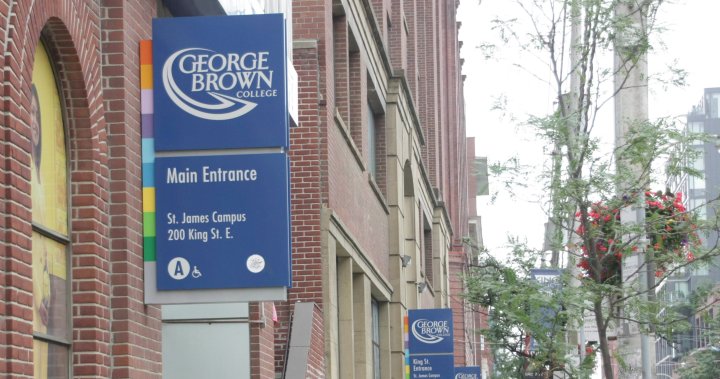The corridors of George Brown College’s ESL department will soon fall silent as the institution announced the imminent closure of its long-standing English as a Second Language program. The decision, confirmed last week by college administrators, has sent shockwaves through Toronto’s international student community and raised questions about accessibility to language education in one of Canada’s most diverse cities.
“I was halfway through building my English skills to apply for the culinary program,” says Mei Zhang, a 24-year-old student from Shanghai who arrived in Canada just eight months ago. “Now I don’t know if I’ll be able to meet the language requirements for admission without finishing this program.”
The ESL program at George Brown has served as a critical gateway for thousands of newcomers and international students seeking to improve their English proficiency before pursuing higher education or entering the Canadian workforce. College officials cite declining enrollment and financial sustainability concerns as primary factors behind the closure, though they have committed to completing current sessions for enrolled students.
According to data from Immigration, Refugees and Citizenship Canada, language proficiency remains one of the most significant barriers for newcomers integrating into Canadian society. ESL programs like the one at George Brown have historically played a crucial role in addressing this challenge, particularly in metropolitan areas like Toronto where over 45% of residents speak a mother tongue other than English or French.
Education advocates have expressed concern about the ripple effects of the closure. Dr. Anita Sharma, Director of the Toronto Education Access Coalition, warns that the decision reflects a troubling trend. “We’re seeing educational institutions increasingly treat language programs as expendable rather than essential services,” she told CO24 News. “This creates dangerous gaps in our education system that disproportionately impact newcomers.”
The college administration has indicated they plan to direct students to alternative ESL providers in the city, though many students remain skeptical about the comparability of these programs. “George Brown’s program was affordable and respected by employers,” notes Carlos Mendez, a Colombian student who completed the program last year and now works in Toronto’s hospitality industry. “Not all ESL programs carry the same weight on a resume.”
The closure also raises broader questions about Canada’s approach to immigrant integration at a time when the country is welcoming record numbers of newcomers. Language acquisition stands as a cornerstone of successful settlement, yet the infrastructure supporting this crucial step appears to be contracting rather than expanding to meet growing demand.
Faculty members from the program, many of whom have dedicated decades to teaching at the institution, have been notified that their positions will be eliminated. Professor Eleanor Wright, who has taught in the program for 15 years, expressed heartbreak at the announcement. “We’re not just teaching vocabulary and grammar—we’re helping people build lives in Canada. The relationships and community we’ve built here can’t simply be replicated elsewhere.”
As the final classes approach, students and faculty alike are left wondering: in a country that prides itself on welcoming immigrants and international students, are we truly providing the foundational tools necessary for their success, or are we allowing economic pressures to erode the very programs that make integration possible?










